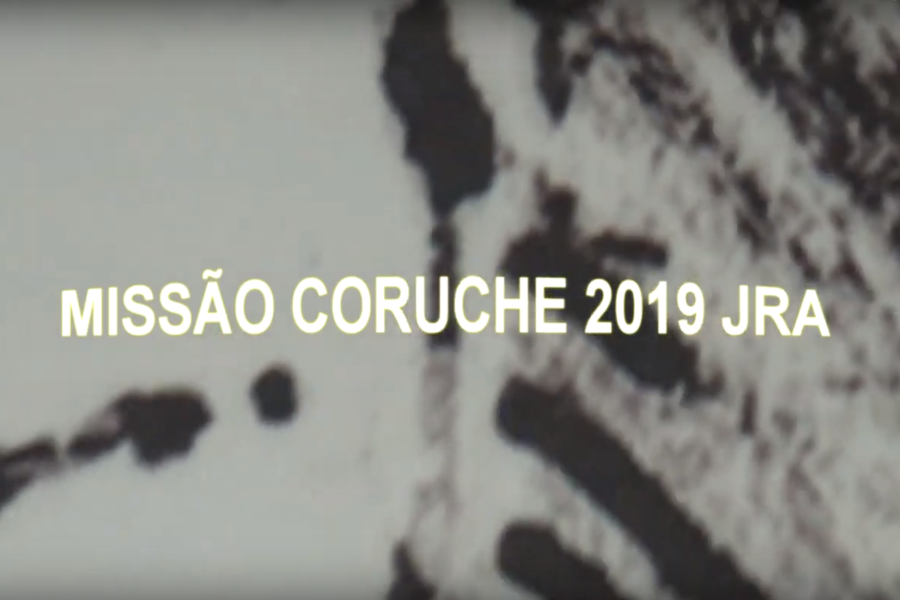Thinking About Home
“As alterações climáticas não são alterações climáticas; são muito mais que isso e uma coisa muito diferente. São uma reforma dos modos de pensamento, dos estilos de vida e dos hábitos de consumo, da lei, da economia, da ciência e da política” Ulrich Beck

Reflection and change
This video was designed and created with the intention of being impactful when assisted.
Since you are not alone on the planet there are other species such as fauna and flora that suffer daily and everyone is faced with the same problems.
It is intended to reflect on the role of each one because before the existence of mankind there was already life beyond Man and in a period of centuries many species are already extinct and others are
on the verge of extinction.
Is it … by human behavior !?

Consciência
A natureza é uma tela em branco, cabe a ti pinta-lá!



You must be logged in to post a comment.